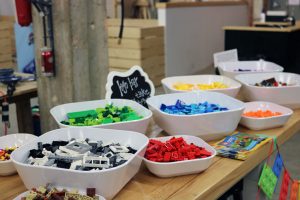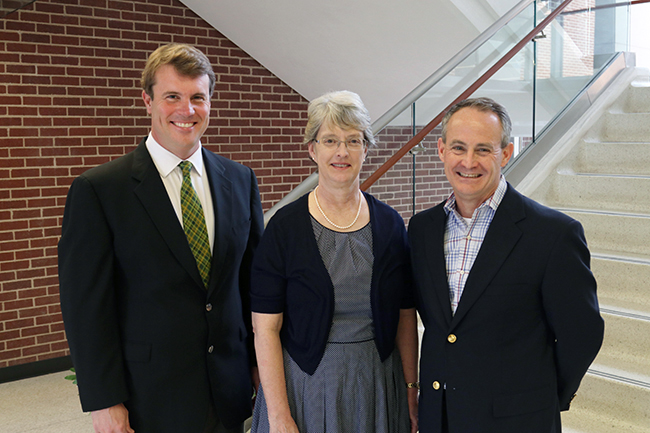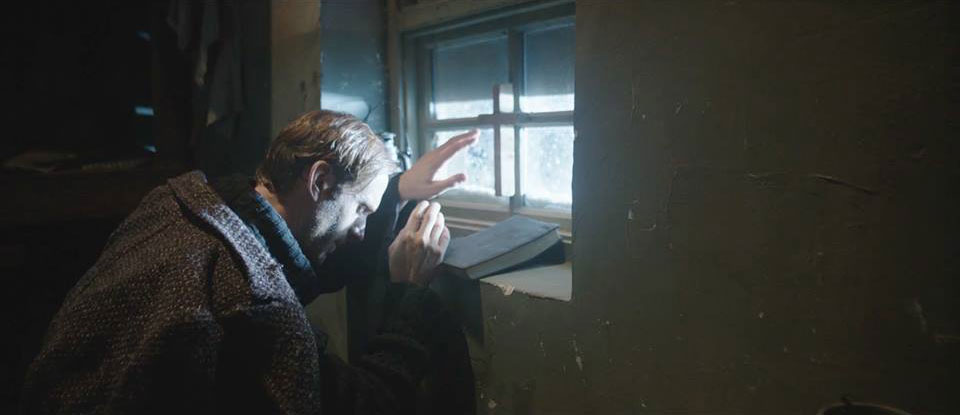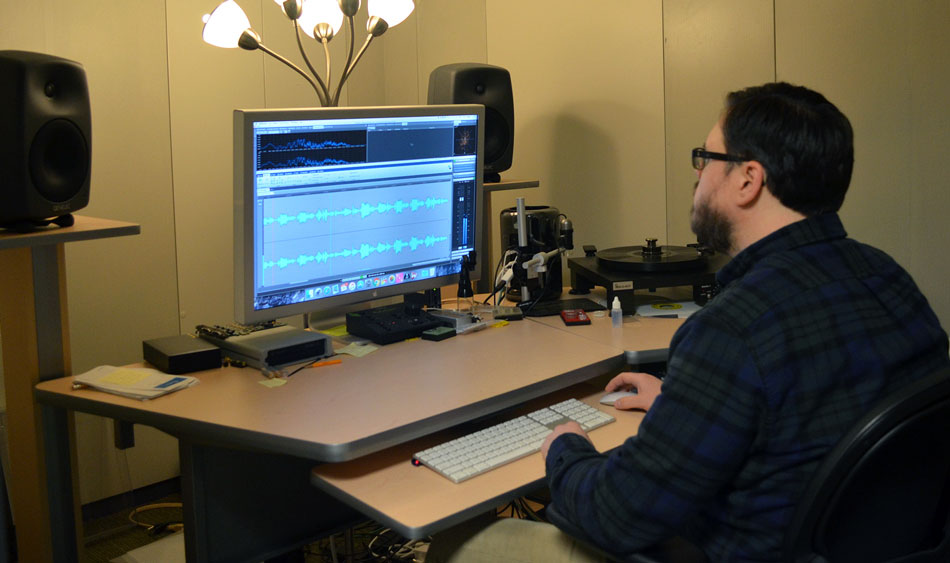Following an animated response from faculty and staff across the university, the Baylor Social Innovation Collaborative (BAY-SIC) is set to launch a diverse array of transdisciplinary projects that aim to discover and develop new ways of promoting hope and human flourishing. Because our most important problems are not reducible to any one discipline or field, and because we operate in a world in which challenges are less foreseeable and knowledge less reliable, embedded in many of these projects is an effort to design new models for collaborative teaching and learning across our 12 colleges and schools.
This fall we will launch five new “social innovation labs,” courses that promote a new way of doing business by assembling diverse groups of faculty, staff, and students to work together with community partners—both local and global—on wicked problems and generative solutions. Below are brief synopses of our first five “labs,” and additional information can be found on the BAY-SIC webpage. General questions about BAY-SIC and the social innovation labs can be directed to Andy Hogue, with questions about specific courses addressed to the contact person listed in each description.
Campus Hunger: Students, Systems, and Solutions
Despite the perceived affluence of higher education, a greater percentage of college students struggle to pay for food than in the general population. How might hunger affect the college experience, and what can be done about it? Through this course, students will begin to understand the complexities surrounding food and hunger in society and then explore their roles in higher education settings. Students will also design and carry out research-based responses to campus hunger.
For more information about this course, contact Dr. Nathan Alleman: nathan_alleman@baylor.edu
Child Migration in the Western Hemisphere
This social innovation lab explores the causes, characteristics, and consequences of the migration of children from Mexico and the Northern Triangle of Central America (Guatemala, El Salvador, and Honduras). The course aims to build collaborative, interdisciplinary research teams, which will examine particular aspects of the crisis and develop interventions to aid these migrants and prevent future child migration.
For more information about this course, contact Dr. Victor Hinojosa: victor_hinojosa@baylor.edu
Healthy River, Healthy Community
On a national and global scale, water is inextricably linked to critical social issues such as energy use, health and human development, poverty, food scarcity, and environmental degradation. Through this course, students will explore local water issues as a model for better understanding global water issues. Students will delve into the complexity of this growing global issue through first-hand experiences, including a river trip, field-based activities, and studying museum natural history collections.
For more information about this course, contact Dr. Suzanne Nesmith: suzanne_nesmith@baylor.edu
Combatting Human Trafficking
This course will involve the examination of contemporary human trafficking issues and modern day slavery through an interdisciplinary lens. Students will analyze systemic intersections that create the environments which perpetuate social inequalities, while also constructing innovative strategies that dismantle and disrupt systems of oppression.
For more information about this course, contact Dr. Elizabeth Goatley: elizabeth_goatley@baylor.edu
Social Innovation with At Risk Older Adults
At risk older persons fill the hidden corridors of Waco, and they live in the crucible of increasing economic, health care, and community service scarcity. This course aims to address impoverishment and isolation by working with vulnerable older persons in Waco and the surrounding area using interdisciplinary knowledge, research, and practice through engaging with local agencies and community partners.
For more information about this course, contact Dr. Dennis Myers: dennis_myers@baylor.edu
 The “Ladies and Legos” program is a fun and casual way to bring together women at different stages of their academic and professional careers to talk about their experiences in the classroom and workplace. Many women in STEM fields do not have an arena to discuss the unique challenges women face in male-dominated industries. Thanks to the sponsorship of the Halliburton Foundation, Ladies and Legos offers opportunities to create dialogue, encourage gender diversity in the workforce, and empower women to succeed.
The “Ladies and Legos” program is a fun and casual way to bring together women at different stages of their academic and professional careers to talk about their experiences in the classroom and workplace. Many women in STEM fields do not have an arena to discuss the unique challenges women face in male-dominated industries. Thanks to the sponsorship of the Halliburton Foundation, Ladies and Legos offers opportunities to create dialogue, encourage gender diversity in the workforce, and empower women to succeed. Ladies and Legos events typically involve small-group settings in which students create with Legos, an engineering-related toy primarily marketed toward males, while female leaders in STEM occupations lead discussions about their experiences in the workforce. On March 22, the School of Engineering and Computer Science (ECS) partnered with Maker’s Edge in Waco to create a new Ladies and Legos event centered around building community and connections through hands-on “making” experiences including screen printing, soldering, vinyl cutting, and laser etching.
Ladies and Legos events typically involve small-group settings in which students create with Legos, an engineering-related toy primarily marketed toward males, while female leaders in STEM occupations lead discussions about their experiences in the workforce. On March 22, the School of Engineering and Computer Science (ECS) partnered with Maker’s Edge in Waco to create a new Ladies and Legos event centered around building community and connections through hands-on “making” experiences including screen printing, soldering, vinyl cutting, and laser etching. Women comprise about 23 percent of the nearly 1,200 undergraduates in the School of Engineering and Computer Science. The hope is that programs like “Ladies and Legos” will stimulate community among ECS students, faculty, and women already in the STEM fields and attract more prospective students, ultimately increasing the number of women in technological industries. The final Ladies and Legos event this school year will be April 18th, featuring Dr. Michelle Hebl, our Cherry Award recipient and Professor of Psychology from Rice University. Contact Emily Sandvall, Associate Director for Undergraduate Programs in ECS, for more information.
Women comprise about 23 percent of the nearly 1,200 undergraduates in the School of Engineering and Computer Science. The hope is that programs like “Ladies and Legos” will stimulate community among ECS students, faculty, and women already in the STEM fields and attract more prospective students, ultimately increasing the number of women in technological industries. The final Ladies and Legos event this school year will be April 18th, featuring Dr. Michelle Hebl, our Cherry Award recipient and Professor of Psychology from Rice University. Contact Emily Sandvall, Associate Director for Undergraduate Programs in ECS, for more information.







